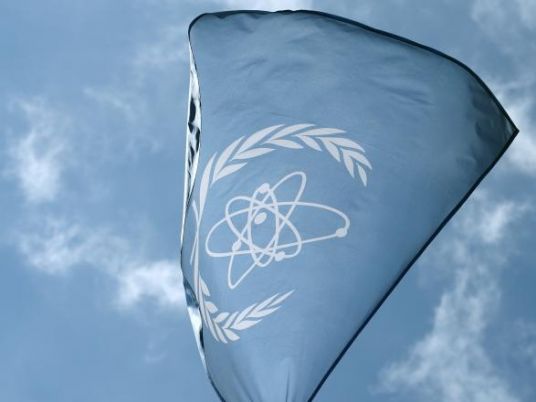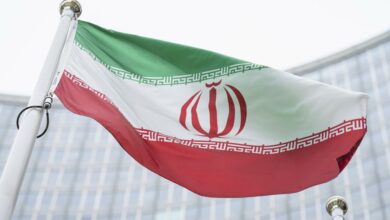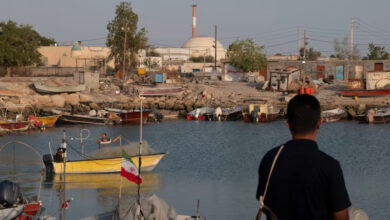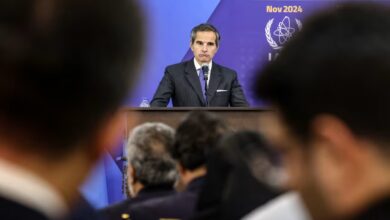Iran has invited UN inspectors to visit its Arak heavy-water production plant on 8 December, the first concrete step under a cooperation agreement to clarify concerns about Tehran's disputed nuclear program.
Yukiya Amano, director general of the International Atomic Energy Agency, also said the IAEA was looking into how Sunday's agreement between Iran and six world powers to curb Tehran's nuclear activity could be "put into practice" concerning the UN agency's role in verifying the deal.
The IAEA will expand its monitoring of Iran's uranium enrichment sites and other facilities under the interim accord, reached after marathon talks between Iran and the United States, France, Germany, Britain, Russia and China.
"This will include the implications for funding and staffing," Amano told the IAEA's 35-nation governing board, according to a copy of his speech.
"This analysis will take some time. I will consult the board as soon as possible when it has been completed."
The IAEA's visit next month to the heavy water production plant near the town of Arak is part of a separate agreement signed earlier this month between the Vienna-based UN agency and Iran.
The IAEA has not been at the site for about two years, despite repeated requests, but Iran agreed on 11 November to grant access to this facility as well as to a uranium mine within three months.
The Arak facility produces heavy water intended for use in a nearby research reactor that is under construction. The West is concerned that the reactor, which Iran has said could start up next year, could yield plutonium for bombs once it is operational. Iran says it will produce medical istopes.
Iran has agreed to halt installation work at the reactor and to stop making fuel for it.




